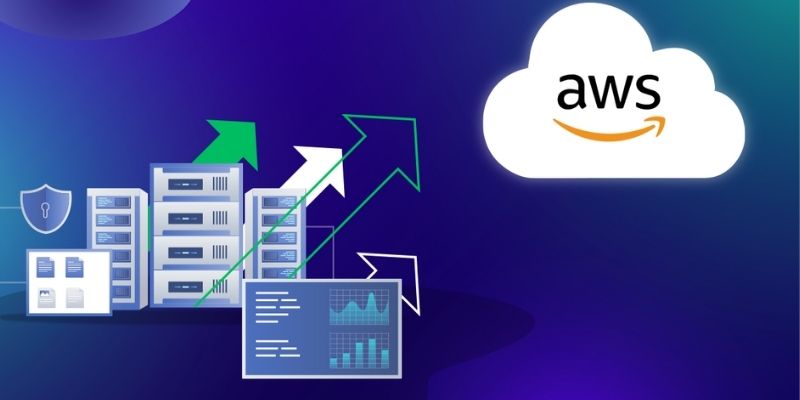
Amazon Web Services (AWS) has become a leading cloud computing platform, offering various services that help businesses and individuals manage their computing needs. Understanding AWS architecture is essential for leveraging its full potential. For those looking to gain in-depth knowledge and practical skills, AWS Training in Coimbatore provides valuable insights into these components. In this blog, we will explore the key components of AWS architecture, breaking down the various elements that make it a powerful and flexible cloud platform.
The Key Components of AWS Architecture
1. Compute Services
Compute services are the backbone of AWS, providing the necessary resources to run applications and manage workloads. The primary computing services include:
- Amazon EC2 (Elastic Compute Cloud): EC2 allows you to create and manage virtual servers, known as instances. Based on your needs, including memory, compute, and storage requirements, you can choose from various instance types.
- AWS Lambda: Lambda lets you run code without provisioning or managing servers. You only pay for the compute time you consume, making it ideal for applications with varying workloads.
- Amazon ECS (Elastic Container Service) and EKS (Elastic Kubernetes Service): These services enable you to run and manage containerized applications using Docker or Kubernetes.
2. Storage Solutions
AWS offers several storage solutions to cater to different data storage needs:
- Amazon S3 (Simple Storage Service): S3 provides scalable object storage, allowing you to store and retrieve any amount of data. It’s perfect for backup, archival, and big data analytics.
- Amazon EBS (Elastic Block Store): EBS offers block storage for use with EC2 instances. It provides persistent storage that remains intact even when the instance is stopped or terminated.
- Amazon Glacier: Glacier is a cost-effective storage service tailored for data archiving and long-term backup. It is perfect for rarely accessed data but needs to be preserved over extended periods. For those looking to deepen their understanding and gain practical experience, AWS Training in Hyderabad offers essential insights into effectively utilising this service.
3. Networking
AWS networking services ensure secure and reliable communication between your resources:
- Amazon VPC (Virtual Private Cloud): VPC allows you to create isolated networks within AWS. You can define your IP address range, create subnets, and configure route tables to control network traffic.
- Amazon Route 53: This scalable DNS service helps route end-user requests to your applications by translating domain names into IP addresses.
- AWS Direct Connect: This service enables a dedicated network connection between your on-premises data center and AWS, enhancing security and performance.
4. Database Services
AWS provides a variety of database services to suit different application requirements:
- Amazon RDS (Relational Database Service): RDS simplifies database management by automating tasks such as backups, patching, and scaling. It supports several database engines, including MySQL, PostgreSQL, and Oracle.
- Amazon DynamoDB: This fully managed NoSQL database service offers fast and predictable performance with seamless scalability. It’s ideal for applications requiring high throughput and low latency.
5. Security and Identity
Security is a crucial aspect of AWS architecture:
- AWS IAM (Identity and Access Management): IAM allows you to securely control access to AWS services and resources. You can create and manage users, groups, and permissions.
- AWS KMS (Key Management Service): KMS helps you create and manage cryptographic keys to protect your data. It integrates with other AWS services for secure data encryption.
AWS architecture includes various components that create a robust and versatile cloud environment. Businesses and developers can build scalable, reliable, and secure applications by leveraging these essential elements—compute services, storage solutions, networking, database services, and security. Whether you’re just starting with AWS or seeking to enhance your expertise, mastering these components through the AWS Course in Pondicherry will allow you to capitalize on the capabilities of the AWS cloud fully.
